Should irises be mulched?
Brenda
11 years ago
Featured Answer
Sort by:Oldest
Comments (15)
newyorkrita
11 years agochadinlg Zone 9b Los Gatos CA
11 years agoRelated Professionals
Manorville Landscape Architects & Landscape Designers · Otsego Landscape Architects & Landscape Designers · Zion Landscape Architects & Landscape Designers · Maple Heights Landscape Architects & Landscape Designers · Caldwell Landscape Contractors · Fairview Landscape Contractors · Framingham Landscape Contractors · Harvey Landscape Contractors · Hayward Landscape Contractors · Inglewood Landscape Contractors · Mastic Beach Landscape Contractors · North Haven Landscape Contractors · Rockville Landscape Contractors · Smyrna Landscape Contractors · Oxon Hill Landscape Contractorshosenemesis
11 years agoBrenda
11 years agoken_adrian Adrian MI cold Z5
11 years agoBrenda
11 years agohosenemesis
11 years agoaseedisapromise
11 years agoberrytea4me
11 years agoJarmySC
10 years agohosenemesis
10 years agoflowergirl70ks
10 years agoJarmySC
10 years agohosenemesis
10 years ago
Related Stories

GARDENING GUIDESHow to Pick a Mulch — and Why Your Soil Wants It
There's more to topdressing than shredded wood. Learn about mulch types, costs and design considerations here
Full Story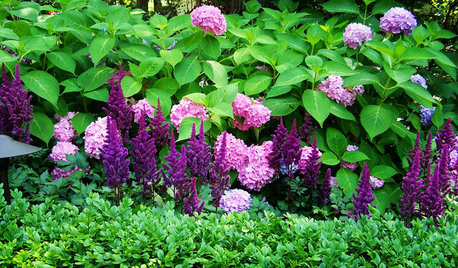
GARDENING GUIDESSoutheast Gardener's May Checklist
Bask in the blooms and mind your mulch this month; summer means lots to savor and lots to do in the garden
Full Story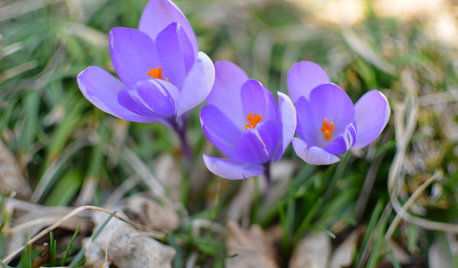
REGIONAL GARDEN GUIDESMid-Atlantic Gardener's March Checklist
Hunt for new growth in the garden but play the protector for baby plants and birds flying home to nest
Full Story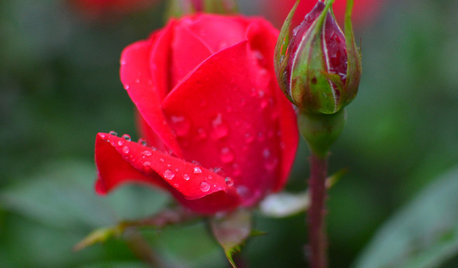
GARDENING GUIDES6 Steps to Get a Garden Off to a Glowing Start
Grow a lush, balanced garden from an empty patch of yard or neglected landscape spot with these easy-to-follow guidelines
Full Story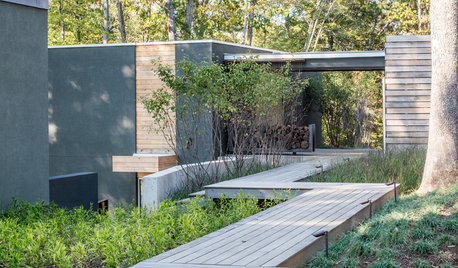
PATHSCreate Garden Mystery With a Zigzag Path
Foster intrigue by setting garden paths at angles ‘yatsuhashi’-style
Full Story
SAVING WATERHouzz Call: Are You Letting Go of Your Lawn?
Many facing a drought are swapping turf for less thirsty plantings. If you’re one of them, we’d like to hear about it
Full Story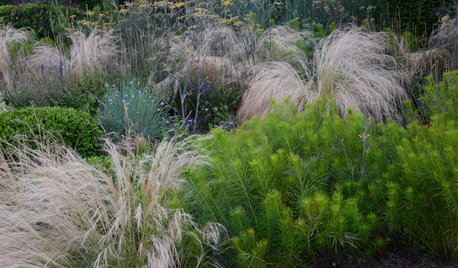
GARDENING GUIDES4 Ways to Break the Rules in Your Garden
For a more creative landscape design, take a different approach to planting
Full Story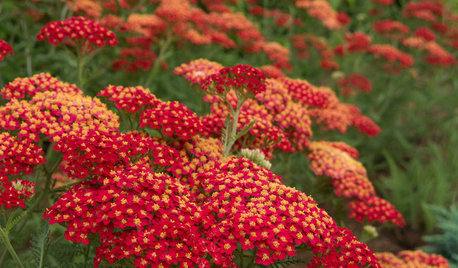
GARDENING GUIDESTop 12 Summer-Blooming Perennials for Deer-Resistant Drama
Can you have garden color, fragrance and exciting foliage with hungry deer afoot? These beauties say yes
Full Story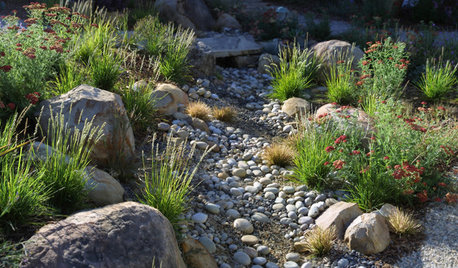
LANDSCAPE DESIGNHow to Design Your Landscape to Slow Down Water
Putting the brakes on stormwater runoff is the first step in sustainable water design
Full Story
GARDENING GUIDESGreat Lakes Gardener's May Checklist
Let's talk about brilliant flowering trees. About blooms to light up a shade garden. And, of course, about everyday garden tasks
Full Story





ken_adrian Adrian MI cold Z5